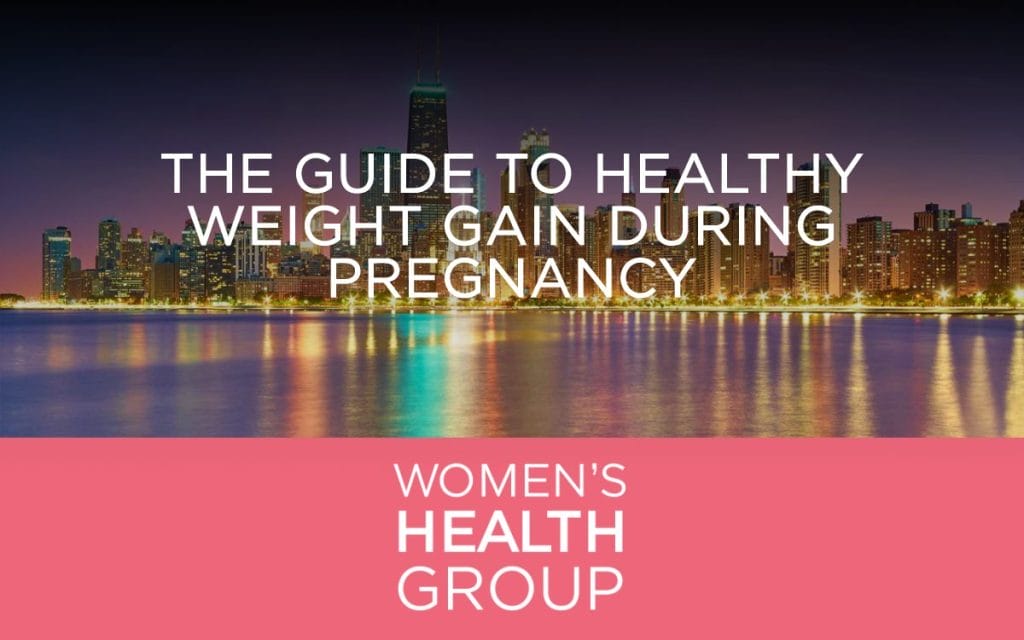The Importance of Pregnancy Weight
Maintaining a healthy pregnancy weight is a critical component in ensuring the overall wellness of both mother and baby. A woman’s weight during pregnancy affects not only her health but also the health of the developing fetus. Gaining too much or too little weight can result in serious consequences such as preterm births, low birth weight, Cesarean sections, and even complications during labor and delivery.
According to womenshealth.gov, pregnancy weight is directly linked to baby’s size at birth, which can influence your child’s long-term health. Hence, a carefully planned weight strategy can lead to a healthier baby and reduce the risk of complications during pregnancy and labor.
How Much Weight should you Gain?
The amount of weight a woman should gain during pregnancy usually depends on her body mass index (BMI) before she became pregnant. The BMI is utilized to identify whether a woman is undertweight, overweight, obease, or having a healthy weight.
According to the Mayo Clinic, the following weight gain guidelines during pregnancy are suggested based on the pre-pregnancy BMI:
– Underweight (BMI less than 18.5): 28 to 40 pounds
– Normal weight (BMI of 18.5 to 24.9): 25 to 35 pounds
– Overweight (BMI of 25 to 29.9): 15 to 25 pounds
– Obesity (BMI of 30 or higher): 11 to 20 pounds
Weight Gain Timeline During Pregnancy
Pregnancy weight gain usually follows a standard timeline. However, it is important to note that every woman is different, and there are always variations.
Typically, a woman may not gain much weight during the first trimester, often just 1 to 4 pounds. However, during the second and third trimester, steady weight gain is important for baby’s growth and development. Around 1 to 2 pounds per week is standard for women with normal pre-pregnancy weight.
Healthy Ways to Gain Pregnancy Weight
Gaining weight during pregnancy should be approached carefully and gradually, focusing on a balanced and nutritious diet. Here are some tips for healthy weight gain:
– Eat frequent, smaller meals throughout the day as opposed to three large ones.
– Most of your extra calories should come from nutrient-dense foods, including lean meats, low-fat dairy, fruits, vegetables, and whole-grain breads.
– Avoid empty calories in form of fast foods, chips, candies and sugary drinks.
– Regular mild to moderate exercise can help achieve a healthy weight gain and also make the postpartum weight loss easier.
Monitoring your Pregnancy Weight
Keeping track of your weight during pregnancy can help you ensure you’re gaining at a healthy rate. Your healthcare provider will assist in regularly recording your weight and providing advice on maintaining an appropriate weight gain based on your individual case.
Discuss with your healthcare provider if there have been sudden changes in your weight during any stage of your pregnancy, as these could be signs of potential complications.
Conclusion
Pregnancy is a unique and personal time in a woman’s life. Gaining a healthy amount of weight contributes to the well-being of both mother and baby during this crucial period. Following professional guidance and adopting a balanced, nutritious diet and regular exercise routine can make a significant difference.
Remember, it’s not about eating for two, but about nourishing the new life growing within you. So let’s focus on embracing this journey, enhancing your health and bringing a new life into the world in the best possible way.




